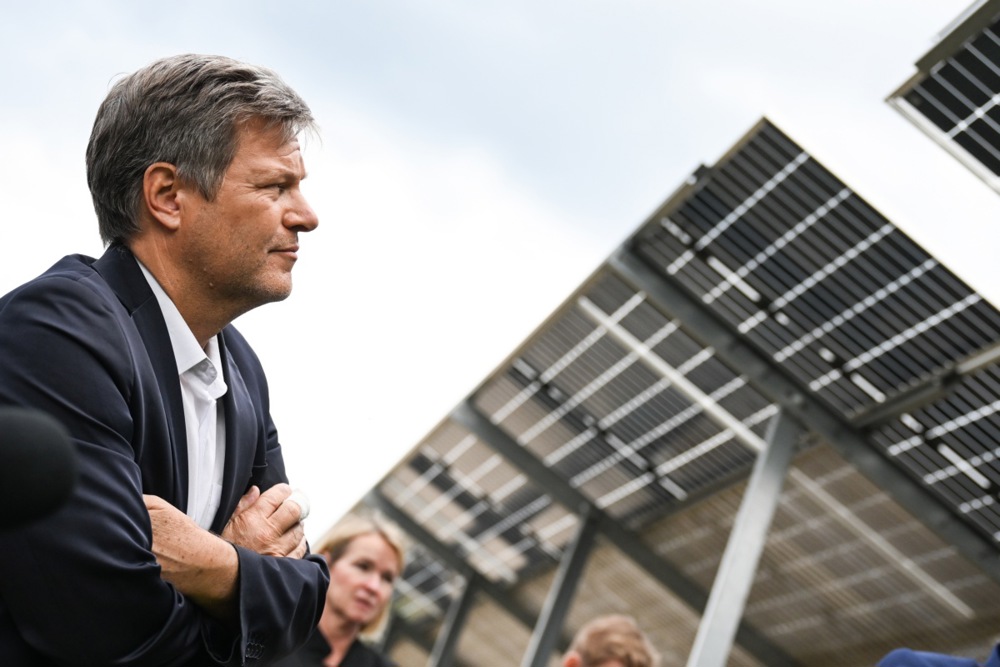In a major concession to its housing industry, the progressive government in Germany has decided to drop tougher “climate efficiency” demands for new homes.
As the country is struggling with a severe housing crisis, Berlin is abandoning what were cornerstone climate requirements. Plans to impose stricter building-insulation criteria and replace fossil-fuel heating systems have been put on indefinite hold.
German Chancellor Olaf Scholz has criticised the slow rate of housing construction and said the creation of new affordable homes was urgently needed. “There must be more affordable housing in Germany.
“This means massively expanding our housing construction activities,” Scholz said in Berlin when presenting a 14-point package of measures.
“In view of the current difficult conditions in the construction and housing industry due to high interest rates and construction costs, the anchoring of EH40 [Efficiency House Level] as a mandatory legal standard for new buildings is no longer necessary in this legislative period and will be suspended,” the German Government now says.
“High interest rates and inflation are a heavy burden for the construction industry,” Reuters quoted German economy minister Robert Habeck as saying on September 25. The minister noted that insulation measures, which the building industry says would dampen an already depressed market, “can wait”.
“I don’t see this new standard being introduced in this legislative period,” Habeck was quoted as saying.
The German construction industry had voiced strong objections to the costly government plan for months. The sector was already struggling with ever more expensive raw materials, a process which began before the pandemic but which has been exacerbated by the Ukraine war crisis.
“Investors no longer know how to make certain projects profitable,” said Tim-Oliver Mueller, president of German building-lobby group HDB.
Officials in the sector had already threatened to boycott a summit on construction hosted by the government on September 25 as they felt they were not being listened to by the government.
One in five property companies reported cancelling building projects in August, while 11.9 per cent face financing difficulties, according to a recent survey by economic research institute Ifo, which described the figures as unprecedented in 30 years.
Initially, Germany’s federal construction minister Klara Geywitz, of the Social Democratic Party (SPD), planned to make climate targets legally enforceable from 2025 onwards.
That spurred a rising tide of resistance. A study commissioned by the German Tenants Association by the so-called Working Group for Contemporary Building (ARGE) warned against unilaterally raising energy criteria for new-build dwellings.
Besides climate regulation for new buildings, the German Government has also backed down on its plan to push for a renovation obligation. Instead, families should in future receive more support when buying homes and the replacement of heating systems should be simplified.
When interest rates were low, the government used the windfall to impose more stringent housing standards. Now, Germany is in bad economical shape and the government has been forced to change course.
According to data from the Federal Statistics Office, German residential property prices are currently experiencing a significant downturn, marking the most substantial decline since record-keeping began in 2000.
The data further indicates that building permits for apartments plummeted by 31.5 per cent in July compared to the same month last year, which saw a price hike of around 9 per cent in the same period.





